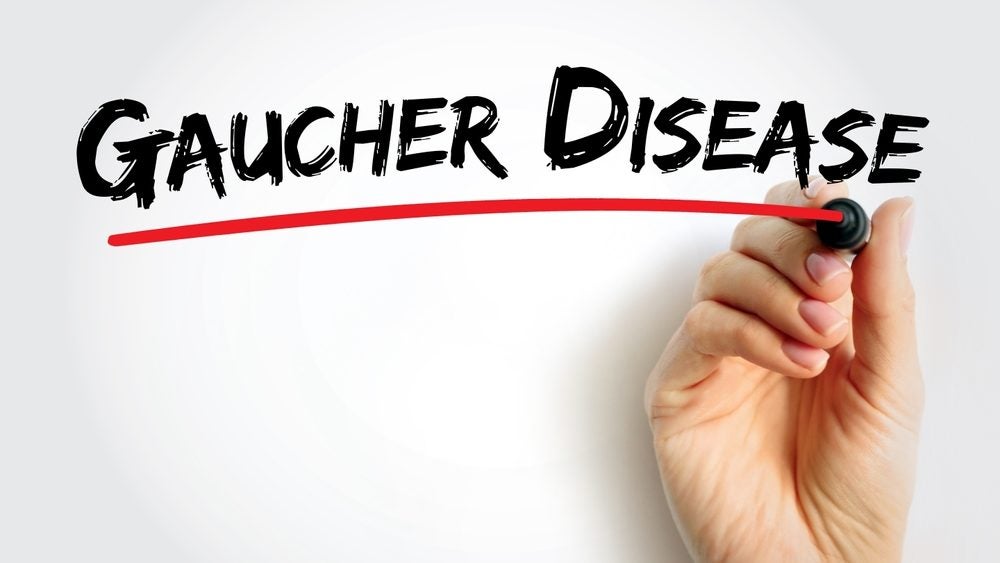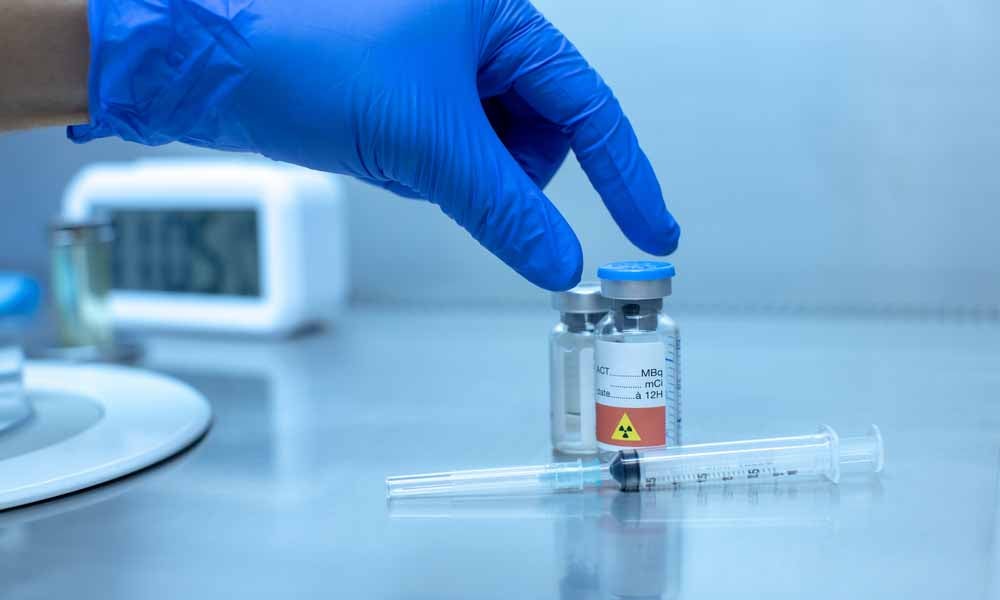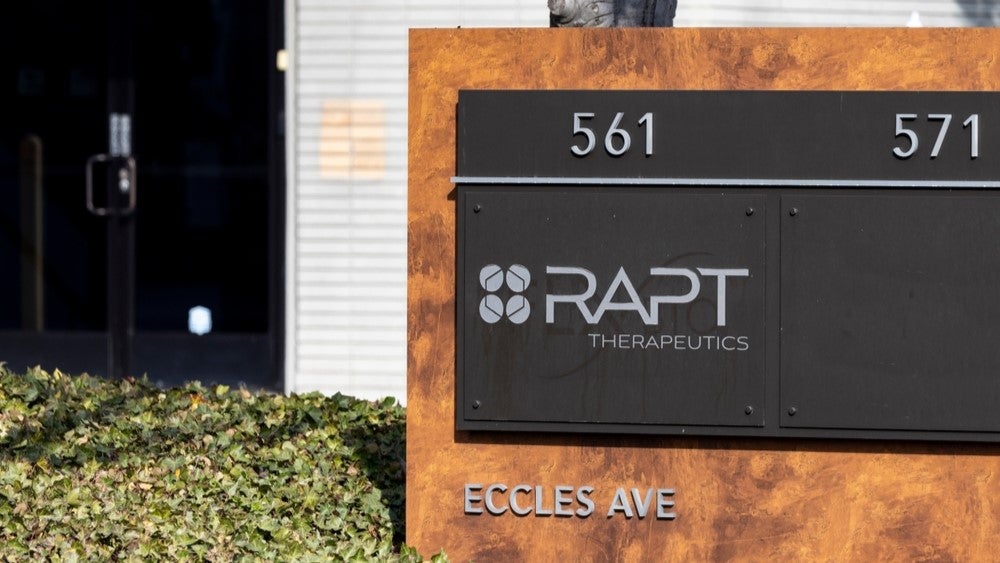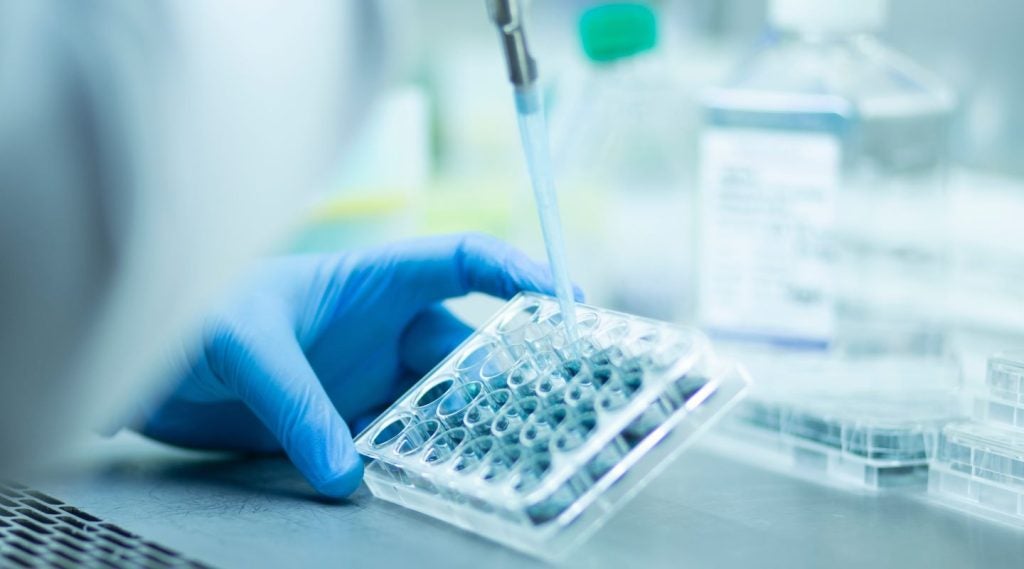Clinical-stage biotech Freeline Therapeutics has announced new positive data affirming the safety and efficacy of its gene therapy FLT201, for the treatment of Gaucher disease.
Freeline presented data from the Phase I/II GALILEO-1 trial (NCT05324943) that evaluated the gene therapy at the ongoing American Society of Gene and Cell Therapy (ASGCT) 27th Annual Meeting in Baltimore, Maryland on 9 May.
The findings, from four patients who had discontinued prior therapies, showed benefits with the gene therapy that sustained for 14 –32 weeks after dosing. The data revealed favourable safety, with no infusion reactions or adverse events. Robust and continuous glucocerebrosidase (GCase) expression was noted, particularly in leukocytes, which are indicators for broad cellular uptake in Gaucher disease.
Previously reported data showed that FLT201 led to reductions in bone marrow burden in the first four patients within 12 – 38 weeks post-dosing, suggesting clearance of substrate and restoration of healthy marrow.
This data has supported a regenerative medicine advanced therapy (RMAT) designation from the US Food and Drug Administration (FDA), and a Priority Medicines (PRIME) designation by the European Medicines Agency (EMA) for the therapy. The RMAT and PRIME designation programmes are both intended to expedite the development and review of therapies that target serious conditions with an unmet need.
Gaucher disease is a rare genetic disorder caused by a mutation in the GBA1 gene which results in a lack of the GCase enzyme. As a result, the GCase substrate builds up in certain organs causing symptoms such as bone pain, fatigue, and enlarged organs.
FLT201 is an adeno-associated virus (AAV) gene therapy candidate. It delivers a stable, engineered version of the GCase enzyme (GCase85) designed to remain in cells longer, effectively clearing substrates and reaching inaccessible tissues such as bone.
In November 2023, Syncona, which owns a portfolio of biotech companies, signed a definitive agreement to acquire Freeline in an all-cash transaction. The acquisition, which priced Freeline at $28.3m, became effective in February of this year. Prior to the acquisition, Freeline had to downsize its operations via a series of layoffs, as well as offload a subsidiary and pause work on its experimental Fabry disease gene therapy FLT190. The Stevenage, UK-based company narrowed its focus to FLT201, with Syncona handing a $15m sum to help Freeline through until the acquisition process was complete.
Freeline also has other programmes in development, including one targeting GBA1-linked Parkinson’s disease, utilising the same transgene as FLT201.
In the announcement accompanying the data, Freeline’s chief medical officer Pamela Foulds said: “The clinical data to date strengthen our conviction in the life-changing potential of FLT201. They also support our strategy of extending the therapeutic potential of our GCase85 enzyme into a genetically linked subset of Parkinson’s disease patients with GBA1 mutations, and we are excited to share promising new data from that program.”















